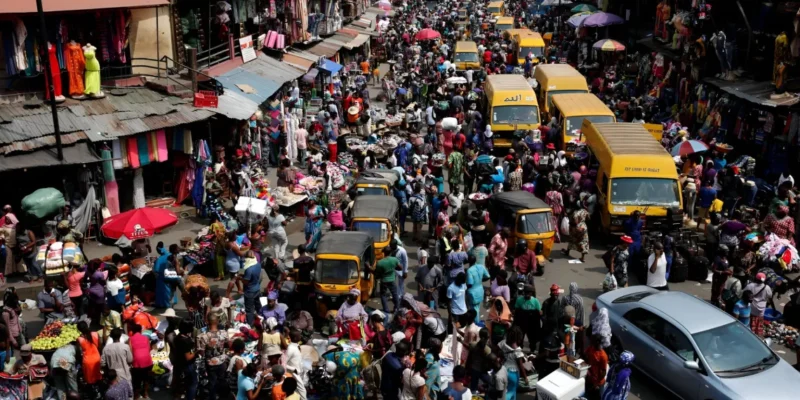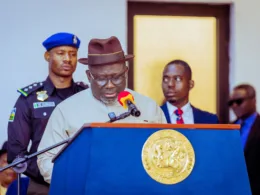LAGOS — Nigeria has been ranked the country with the lowest life expectancy in the world, according to the United Nations’ latest global health report for 2025.
The report puts Nigeria’s average life expectancy at 54.9 years, far below the African continental average and under three-quarters of the global benchmark of 73.7 years. By gender, men are projected to live 54.3 years on average, while women reach about 54.9 years. Neighboring Chad (55.2 years) and the Central African Republic (57.7 years) fare only slightly better.
Life expectancy—the average number of years a person is expected to live given current mortality patterns—is widely used as a barometer of national health. Higher figures typically reflect robust healthcare systems, better living conditions and nutrition; lower figures point to persistent health and development challenges.
Stagnation since 2019
Nigeria’s trajectory has been virtually flat for six years. A 2019 UN assessment placed the country around 55 years, then the third-lowest globally. The latest ranking shows no meaningful improvement and a further slip as other countries made gains.
The UN’s earlier demographic snapshots also highlighted Nigeria’s rapid population growth—from 54.7 million in 1969 to 105.4 million in 1994, and 201.0 million in 2019—with a notably young population (44% aged 0–14; 32% aged 10–24). That youth bulge continues to strain healthcare, education and jobs.
What’s driving the numbers
Health experts link Nigeria’s poor showing to a high burden of infectious diseases, uneven access to quality care and recurring industrial actions in the health sector. They also cite broader headwinds—poverty, insecurity, malnutrition and environmental degradation—that depress health outcomes and shorten lives.
Calls for urgent action
The findings land amid wider concern about growing global health inequalities. Public-health advocates are urging Abuja and international partners to invest in clinics and hospitals, expand access to essential services, and tackle the socio-economic roots of poor health. Without coordinated reforms, they warn, Nigerians will remain among the world’s most vulnerable.
The UN report frames Nigeria’s life-expectancy crisis not only as a medical emergency but as a signal of stalled social and economic development—a data point global leaders will confront as they gather for upcoming health and development summits.










Join our Channel...